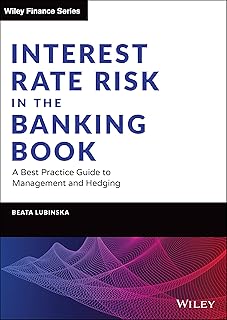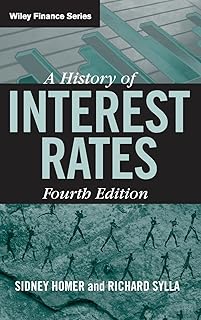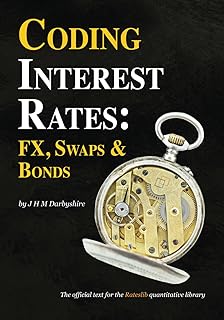UK inflation continues to be a pressing concern, with prices rising by 3.8% in the year leading up to August, matching the rate from the previous month. This figure significantly surpasses the Bank of England’s 2% target, prompting the Bank to adjust interest rates in an effort to manage inflation. Since August 2024, the Bank has implemented five interest rate cuts to steer inflation towards the desired level.
Inflation, simply put, is the gradual increase in the prices of goods and services over time. The Office for National Statistics (ONS) monitors the prices of various items, including essentials like food and fuel, to calculate inflation rates. The Consumer Prices Index (CPI) is the primary measure used to gauge inflation levels, with the latest figures released monthly.
While the CPI stood at 3.8% in August 2025, matching the rate from the preceding 12 months, it remains lower than the peak of 11.1% recorded in October 2022. Factors contributing to sustained inflation levels include the surge in energy prices following the Covid pandemic and the Russia-Ukraine conflict, alongside elevated food prices.
Food prices have been a significant driver of inflation, with a 5.1% increase in the year leading up to August. Rising costs for vegetables, dairy products, and proteins have contributed to this trend, with supermarkets passing on increased expenses to consumers due to government-mandated wage and tax adjustments.
The Bank of England has responded to high inflation rates by raising interest rates, reaching a 16-year high of 5.25%. By making borrowing more costly, the Bank aims to curb spending, which in turn reduces demand for goods and services, potentially slowing down price hikes. However, this strategy must be carefully balanced to prevent adverse effects on the economy, such as increased mortgage repayments for homeowners and reduced borrowing for businesses.
Despite the Bank’s efforts to combat inflation, the UK economy has shown sluggish growth, prompting cautious rate adjustments. Bank of England governor Andrew Bailey emphasized the need for gradual and prudent rate changes to navigate the uncertain economic landscape affected by global events like US tariffs and geopolitical tensions in regions like Israel and Iran.
While the Bank has refrained from further rate cuts in recent meetings, the ongoing inflation challenges underscore the delicate balance between economic stimulation and inflation control. The upcoming Budget announcements could provide further insights into the Bank’s future decisions regarding interest rates in the UK.
Comparatively, the US and EU have also grappled with inflation concerns, with the European Central Bank (ECB) implementing rate cuts to stabilize prices. In the US, the Federal Reserve has initiated rate reductions to address inflation levels above the target rate, prioritizing job market stability amidst economic uncertainties.
As global economies navigate inflationary pressures, the UK’s approach to interest rates and inflation management will play a crucial role in shaping economic outcomes and fostering stability in the financial landscape.
📰 Related Articles
- Music Industry Trends: YouTube Hits 125M Subscribers, Spotify’s $1B UK Earnings
- abrdn UK Smaller Companies Growth Trust Reveals NAVs Transparency
- Youngest UK Pub Pianist Revives Tradition with 4,300 Songs
- World Bank Warns of Global Economic Slowdown in 2025
- World Bank Urges Action on Declining Government Health Spending






